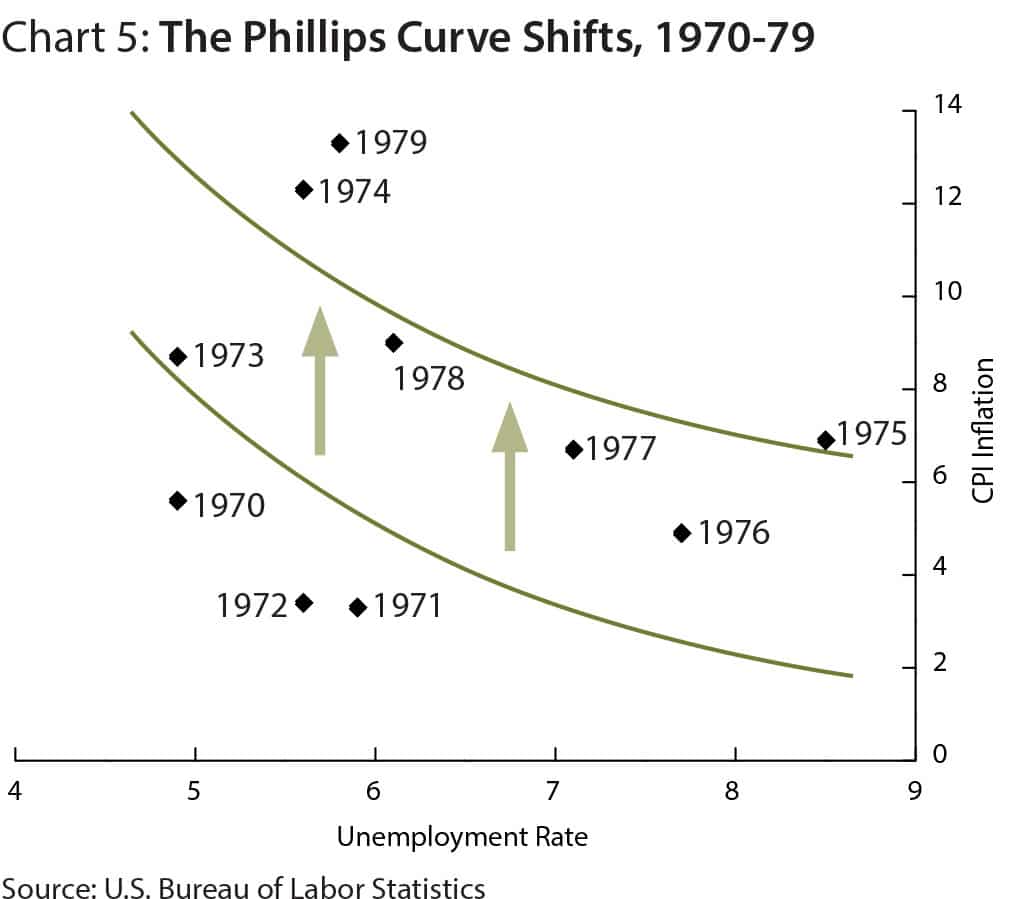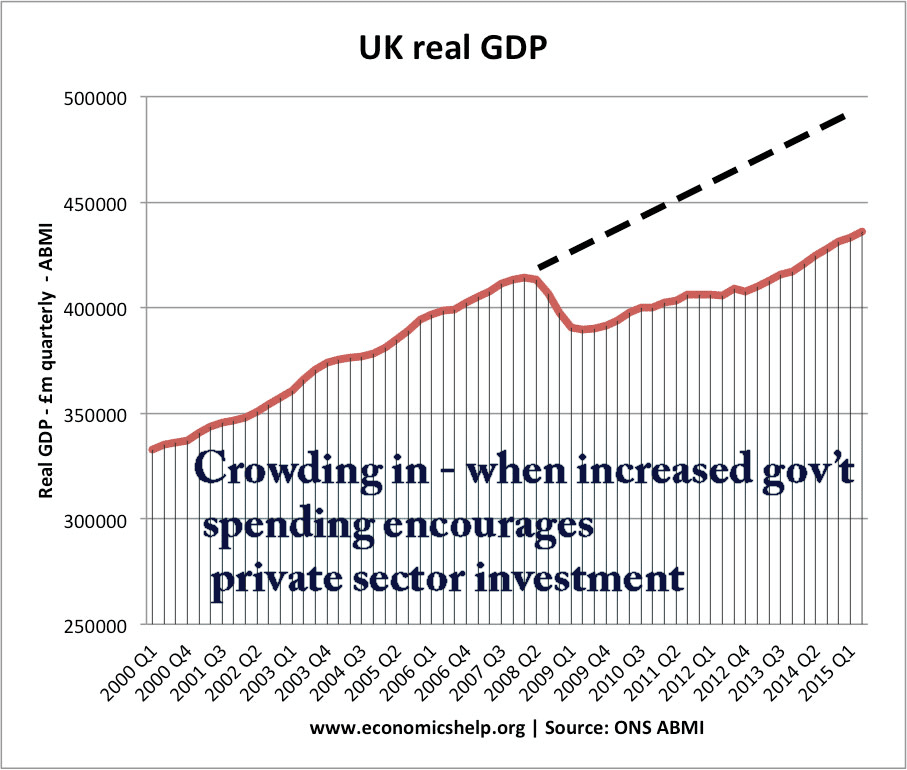Criticism of Keynesian Economics
Keynesian economics developed in the 1930s offering a response to the unique challenges of the Great Depression. Keynesian economics involves: Government intervention to stabilise the economic cycle e.g. expansionary fiscal policy – cutting tax and increasing spending. The argument is that governments can speed up economic recovery. Criticisms of Keynesian Economics Borrowing causes higher interest …




